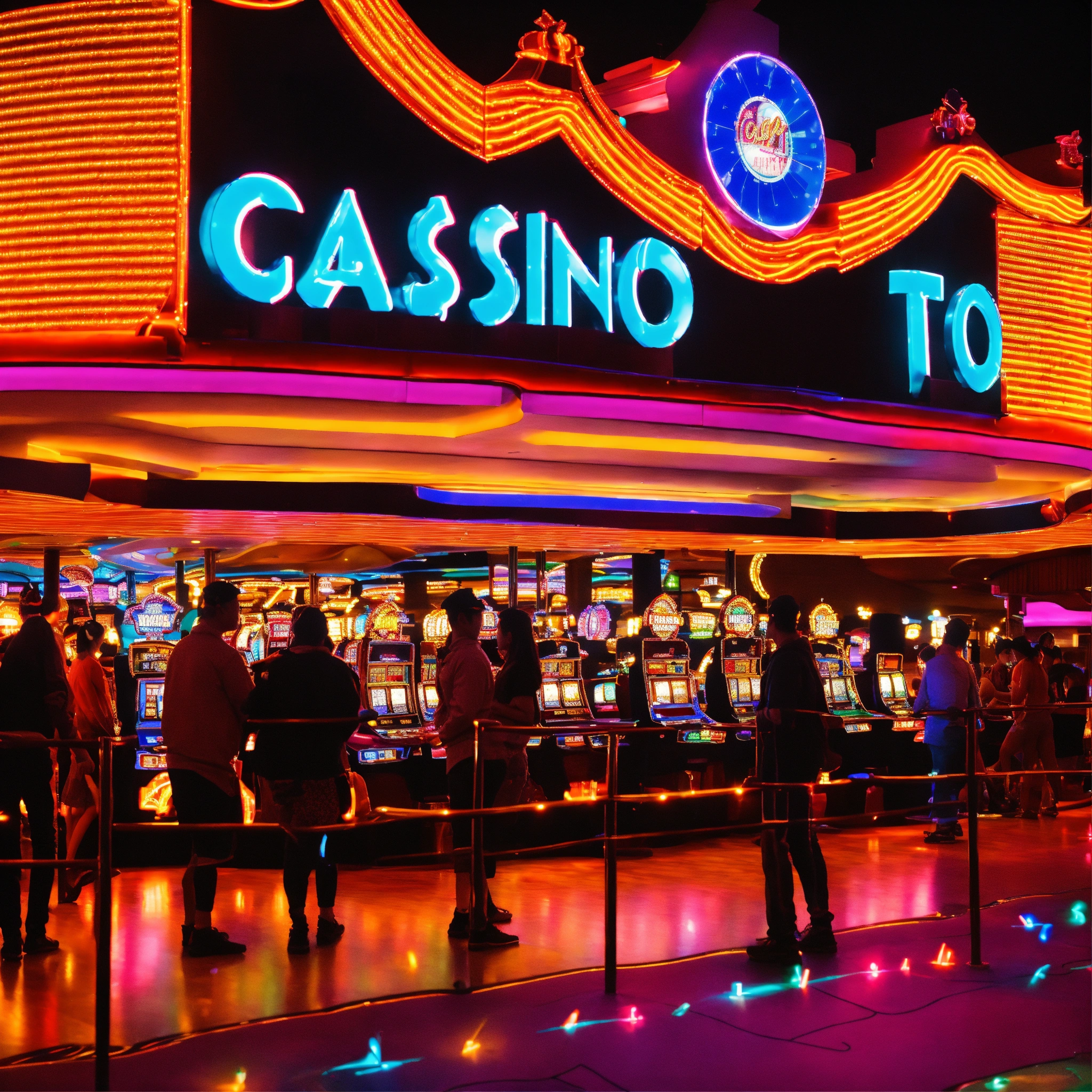A Cultural Influence of Gambling Activities Worldwide
Gambling games have long been a captivating source of amusement, drawing countless of players from different cultures around the globe. From the lively casinos of Vegas to the bustling gambling halls of the Cotai Strip, these games serve as a common thread that brings together people across a variety of backgrounds. The allure of luck, strategy, and risk entices not only those looking to win money but also those seeking a shared experience.
The cultural impact of casino games extends significantly past the gaming floor. They often reflect the social norms and beliefs of the cultures in which they thrive. Games such as seven-card stud, pontoon, and the wheel game have integrated into the tapestry of popular culture, influencing multiple fields from cinema to fashion. As we explore this captivating intersection of luck and life, we can comprehend better how casino games shape and are shaped by the world around us.
Historical Development of Gaming Activities
The origins of casino games can be followed back to ancient cultures, where gambling in multiple forms was extensively engaged in. In the East, around 2300 B.C., a form of luck game known as Keno was popular, while in ancient Rome, soldiers would frequently gamble on the outcomes of their games. The notion of using randomness for amusement and income developed over the ages, leading to the establishment of more structured activities. By the late Middle Ages, gambling houses began to appear in Europe, especially in Italy, which brought forth early incarnations of well-liked games still played today.
As gambling gained popularity in the continent, the 17th and 18th centuries saw the emergence of gaming houses as specialized venues for gambling. The earliest official casino, the Ridotto, was founded in the city of Venice in the year 1638, providing activities like the game of Baccarat and the game Faro. This period marked a significant pivoting point, as gaming venues commenced to attract not just the elite but also the growing middle-income class. The refinement of games grew, leading to the introduction of new rules and variations that enhanced the experience of players.
In the 19th century, the era of industrialization and shifts in societal conventions additionally altered the terrain of gaming activities. The arrival of the game of roulette and new slot machines pulled in a broader audience, and gambling establishments became seen as legitimate recreation. This time witnessed the globalization of gaming, as casinos spread from European nations to the New World, culminating in the development of the iconic Las Vegas Boulevard in the twentieth century. The development of casino activities has continued into the modern era, integrating modern technology and digital services, rendering them accessible to a global population.
## Cultural Importance within Various Societies
Gambling games have profound cultural and social value across many cultures throughout the globe. For instance, in Las Vegas, the very core of the urban landscape is woven around gaming venues, where gambling is not just a recreational activity but a key aspect of entertainment and community life. The bright lights and lively atmosphere attract millions, showcasing how gambling activities can shape local economies and local cultures. This surrounding transforms the notion of recreation into an enriching experience that shapes fashion, music, and even film.
On the other hand, some cultures view wagering with more caution, seeing it through the lens of morality and customs. Alo789 For example, in numerous Eastern communities, games like Mahjong and Pai Gow are rich with history and possess significant social implications. These games are often played during get-togethers and festivities, fostering social ties and solidifying family ties. The act of participating in these games goes beyond mere leisure, reflecting values such as deference to seniors and the importance of shared enjoyment.
At the same time, in continental countries such as the principality of Monaco and Italy, games of chance serve as symbols of luxury and refinement. The elegant atmosphere of these venues attracts both visitors and native inhabitants, maintaining a sense of status and elitism. The art of the game of poker and the strategic elements of games like banker’s game are celebrated, influencing community relationships and cultivating an allure that fascinates a varied audience. This highlights how gambling can both reflect and mold cultural perspectives towards danger, benefit, and community interaction.
Financial Influence and Travel Industry
Casino games play a significant role in the financial context of many regions, particularly those that depend significantly on tourism. The revenue produced from gambling establishments fuels local financial systems, creating employment opportunities not only within the casinos themselves but also in connected industries such as hospitality, dining, and entertainment. This influx of tourists, drawn by the allure of games and the overall gaming environment, stimulates spending across multiple businesses, contributing to the economic vitality of the region.
The presence of casinos often leads to the development of facilities, including hotels, transportation systems, and recreational facilities. These improvements are essential in improving the overall tourist experience, making destinations more appealing to visitors. Additionally, many casinos invest in local communities through support of events and philanthropic activities, further embedding themselves into the social fabric of the locality. Such contribution not only supports economic growth but also cultivates a positive reputation of the gambling sector.
In addition, the global popularity of casino games drives competitive tourism, with locations vying to attract gamblers from around the world. Iconic destinations like Las Vegas and Macau have become synonymous with gambling culture, drawing millions each year. This competitive edge encourages creativity and variety within the gaming industry, influencing developments in leisure and accommodation that resonate beyond their limits. The ripple effects of this visitor influx extend wide, impacting local economies and cultural exchanges on a worldwide scale.

